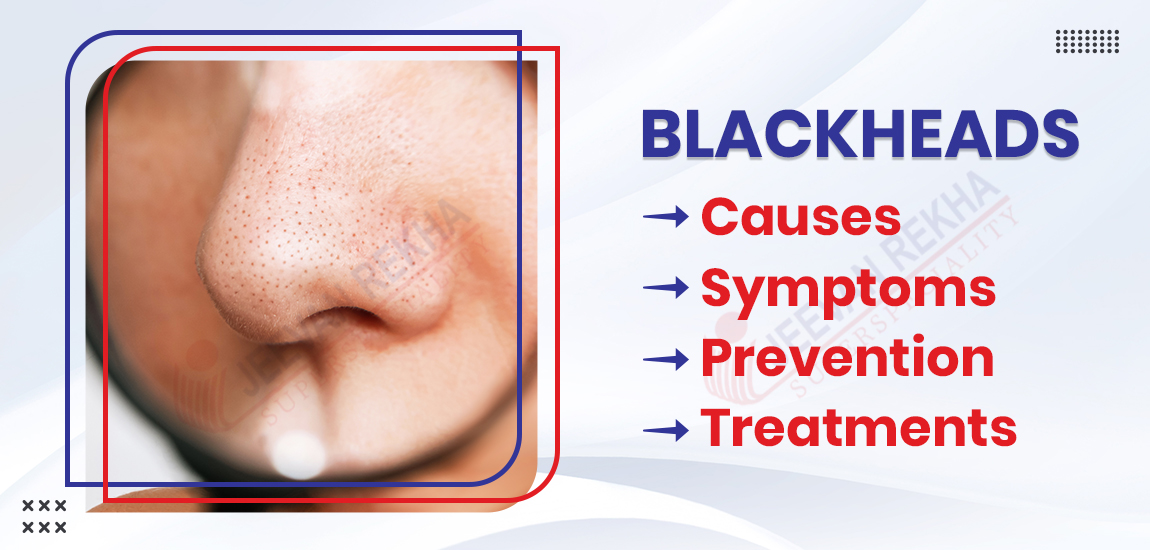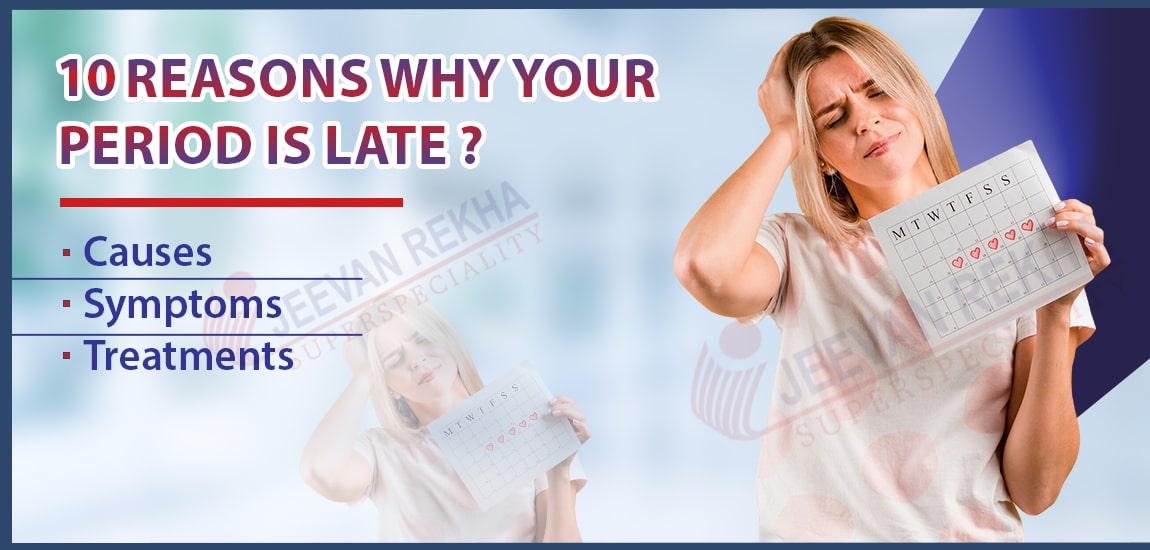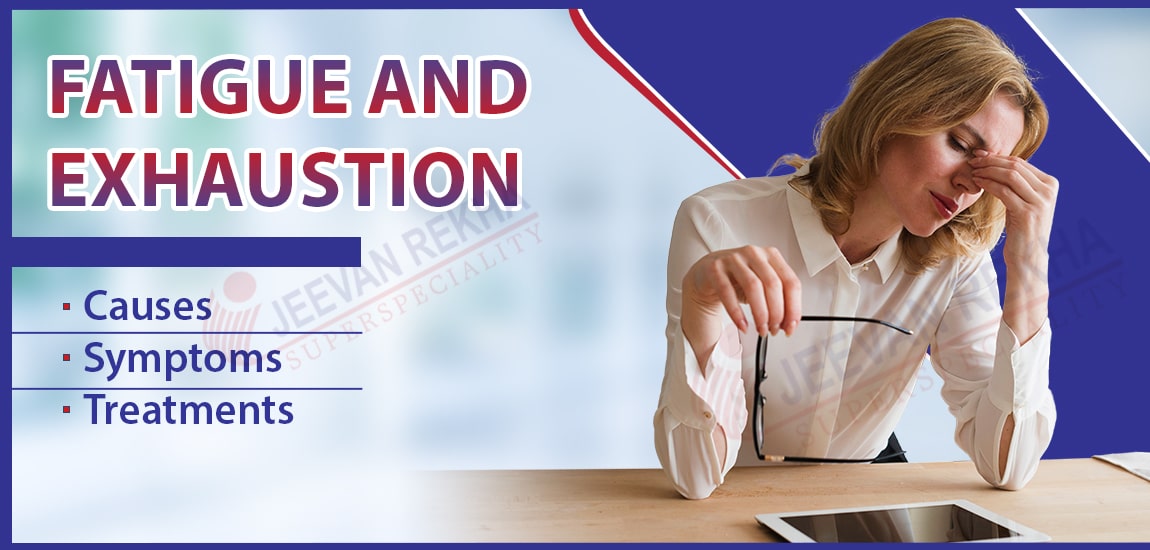
- By JRSH Admin
- In Health and Tips,
- Posted April 13, 2023
Blackheads: Causes, Symptoms, Prevention, and Treatments
Blackheads are a tiny, dark form of comedonal acne that can appear on the chin, cheeks, forehead, nose, and other areas of the face and body. Even though blackheads are typically not painful, they can be extremely annoying, especially if they are in a prominent, easily noticeable area.
Contrary to popular belief, dirt and uncleanliness are not the main causes of blackheads. Instead, the substances that can clog your pores and the oxygen in the air interact chemically to give them their dark color.
Similar to other forms of acne, blackheads can be treated with a variety of products, including over-the-counter creams, gels, and washes as well as prescription drugs.
The most typical factors that can cause blackheads to appear on your skin are described below, along with an explanation of what they are. Along with a comprehensive list of blackhead treatments, we've also provided advice on how to prevent future breakouts of acne.
What are blackheads?
Blackheads are a type of dark-colored open skin pore that develops when bacteria, oil, or dead skin cells clog the pore. They are a specific kind of comedo. The most common cause of comedones is clogged skin from with sebum or dead skin cells.
Blackheads can also be found on the chest, back, neck, shoulders, and arms, though they typically only affect the face. Blackheads are considered a mild form of acne by medical professionals. Acne is actually one of the most prevalent skin conditions in the nation, according to medical professionals.
How do blackheads look?
A blackhead appears as a well-defined dark spot on the skin. Do you have a new freckle that you've never had before? Blackheads are probably what you see if you look closely.
There are some blackheads that are so small you can barely see them. There are also blackheads that can grow quite large, several millimeters in diameter.
Symptoms of blackheads:
Due to their dark color, blackheads are more noticeable on the skin than whiteheads. Here are some symptoms and warning signs of blackheads to watch out for:
- Your skin may have a few faintly raised, dark bumps.
- No discomfort
- No itching
- Size does not change.
- The quantity of blackheads may gradually increase
- A little redness
- Inflammation
Blackheads should be removed as soon as you notice them, if at all possible. You can try a number of natural treatments at home to get rid of these comedones. Fortunately, blackheads don't hurt, but they can make you look unattractive, especially if they're on your face. Blackheads are a common sight on the noses of most people.
Causes of blackheads:
Open follicles that are clogged with extra oil, dirt, and dead skin cells will develop blackheads. Oxidation, a process that gives the plug of oil, debris, and skin cells its dark or black appearance, happens when it comes into contact with oxygen.
Blackheads can show up anywhere on the face or body where there are follicles, despite the fact that they are most frequently found on the T-zone, which includes the forehead, nose, and chin.
All acne and blackheads, whether they are small, painless, or large, red, and inflamed, start out as clogged hair follicles due to a buildup of sebum, a natural oil produced by your skin, and dead skin cells.
Triglycerides and fatty acids are the main components of sebum, an oleo-like substance that resembles wax. Your sebaceous glands secrete it, and it is crucial in keeping your skin hydrated, healthy, and protected from the environment.
Blackheads are more likely to form when your body produces excessive amounts of sebum or when dead skin cells accumulate on the surface of your skin. These elements consist of:
- Hormones. A number of androgens (male sex hormones), such as testosterone and dihydrotestosterone (DHT), can bind to receptors in your sebaceous glands and induce the secretion of additional sebum. This extra sebum may be a factor in acne and clogged hair follicles.
Because of your body's rapid and significant increase in sex hormone production during adolescence, acne outbreaks are more frequent than usual. Although they are frequently referred to as "male sex hormones," these androgens are actually found in both men and women. Acne outbreaks in women are frequently brought on by premenstrual hormone changes.
- Skincare and hair products. Your hair follicles may become clogged by oil-based skincare and hair care products, resulting in blackheads, whiteheads, and other types of acne.
Check to see if a product is labeled non-comedogenic before using it on your skin, hair, or as a massage oil. If you frequently get blackheads and other forms of acne, these products are a better choice because they are made to be less likely to clog hair follicles.
- Genetics. The amount of branched fatty acids in your sebum can vary depending on a number of genetic factors. According to studies, your parents may pass on some characteristics related to acne to you.
- Medications. There are some medications that may affect your risk of developing blackheads and other forms of acne, such as anticonvulsants, steroids, and lithium.
- Certain types of clothing. Acne may be more likely to appear on certain parts of your body if you wear certain occlusive clothing and protective gear, such as shoulder pads, headbands, backpacks, and other clothes that press against your skin.
- Smoking. According to some studies, smoking is strongly linked to non-inflammatory acne, such as blackheads and whiteheads, in addition to its other detrimental effects on health.
- Stress. According to research, having more severe stress is directly related to having more severe acne. Because these emotions stimulate your body's stress hormones, they can also make acne worse.
How are blackheads diagnosed?
You don't always need a doctor to make the diagnosis of blackheads because they are simple to recognize. Consult a dermatologist for treatment if you suffer from blackheads in addition to other severe forms of acne. Dermatologists are medical professionals who focus on diseases of the skin, hair, and nails.
Read also: Forehead Acne
How are blackheads treated?
Blackheads are treatable with over-the-counter medications. These may include:
- Over-the-counter (OTC) treatments
Numerous acne medications are available without a prescription at drug, grocery, and online stores. The cream, gel, and pad forms of these medications are available, and they are applied topically. The medications include resorcinol, benzoyl peroxide, and salicylic acid among other ingredients. They function by eradicating bacteria, removing surplus oil, and causing the skin to exfoliate dead skin cells.
- Prescription medications
Your doctor might advise using stronger prescription medications if over-the-counter treatment doesn't help your acne. Vitamin A-containing medications prevent plugs from forming in the hair follicles and speed up the skin's cell turnover. You can apply these medications directly to your skin and they include tretinoin, tazarotene, and adapalene.
Your doctor might also advise you to use another kind of topical antibiotic and benzoyl peroxide medication. This kind of medication may be especially beneficial if you additionally have pimples or acne cysts.
- Manual removal
A special tool called a round loop extractor is used by dermatologists or other skin care specialists to remove the plug responsible for the blackhead. The doctor uses pressure with the extractor to remove the clog after creating a tiny opening in the plug.
- Microdermabrasion
A dermatologist or other skin care specialist will sand away the top layers of your skin during microdermabrasion using a special instrument. Obstructions that cause black heads are removed by sanding the skin.
- Chemical peels
The dead skin cells that cause blackheads are also removed by chemical peels, along with obstructions. In a peel, the skin is exposed to a potent chemical solution. The skin becomes smoother underneath as the top layers of skin gradually peel off. Stronger peels are only applied by dermatologists or other skincare specialists, while milder peels can be purchased over-the-counter.
- Laser and light therapy
To reduce oil production or kill bacteria, laser and light therapies use minute, intense light beams. Both lasers and light beams penetrate the skin's surface to treat blackheads and acne without causing any harm to the top layers of skin.
How do you prevent blackheads?
During typical hormonal changes, it is challenging, if not impossible, to prevent blackheads. A few things, however, can be beneficial:
- Use a gentle facial cleanser and warm water to wash your face every day.
- Use moisturizer on a regular basis.
- While you don't have to stop wearing makeup, try to use "noncomedogenic" products and take your makeup off at night.
- Do not touch your face with your hands.
Tags
Blog Search
Latest Posts
-
Nerve Stroke: What It Is, Causes, Symptoms & Prevention and Treatment
September 11, 2025 -
Kidney Infection: Symptoms, Causes, Prevention, and Treatment
August 20, 2025 -
Alcoholic vs. Non-Alcoholic Fatty Liver: Understanding the Key Differences
August 14, 2025 -
Thyroid Disease: What It Is, Causes, Symptoms & Treatment
July 12, 2025 -
Arthroscopy Surgery: Procedure, Benefits, and Recovery
July 04, 2025




